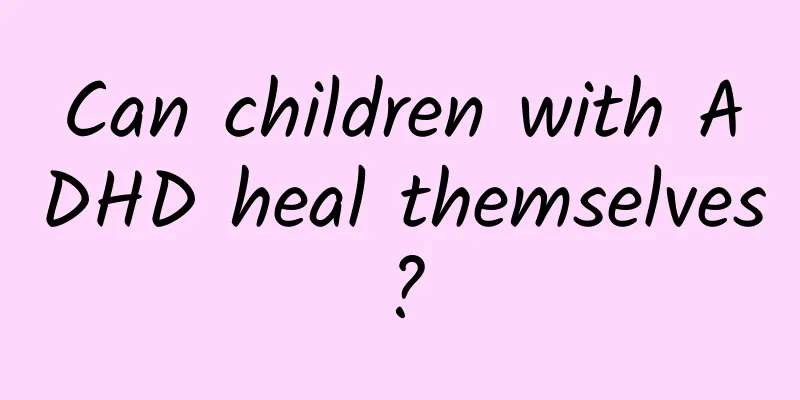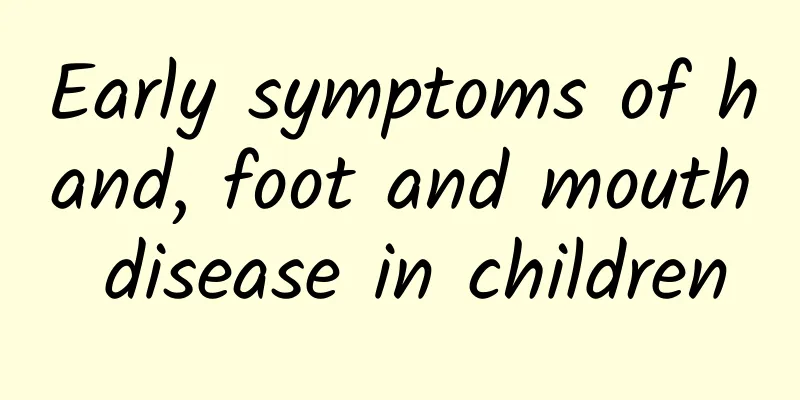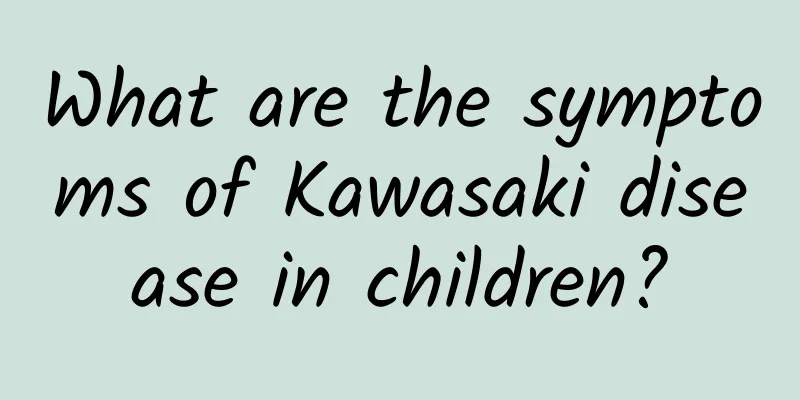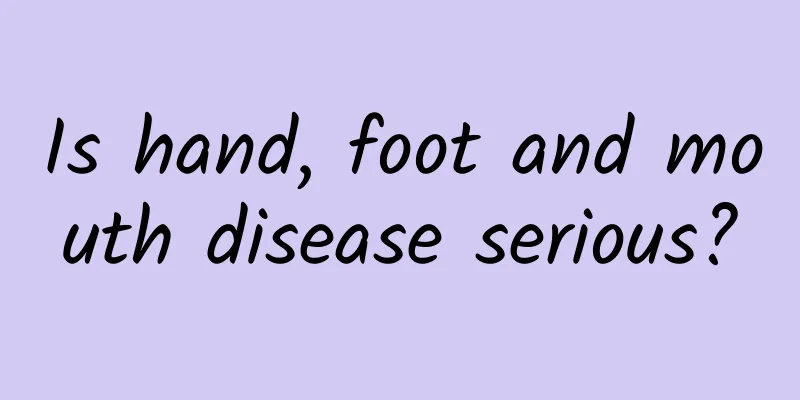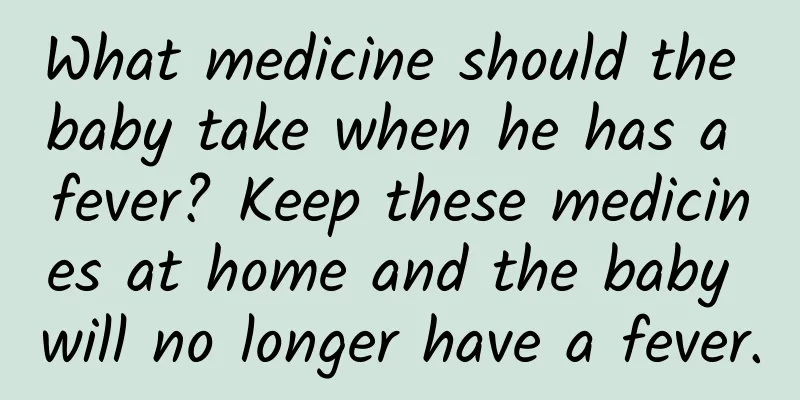Will jaundice caused by hemolysis cause fever?
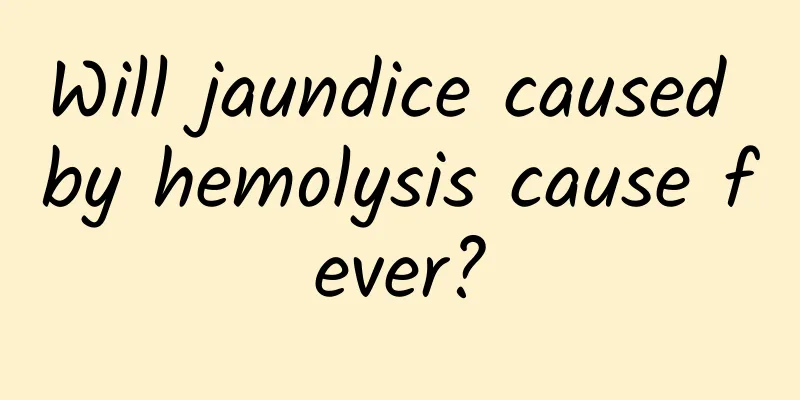
|
Jaundice: Bilirubin, which is broken down by the destruction of red blood cells, is yellow in color. It can be distributed throughout the human body, turning the body's tissues yellow. Since the skin and sclera (commonly known as the white of the eye) are located on the surface of the body, the yellowing is most obvious, which is jaundice. Most newborns will have jaundice after birth, but when jaundice appears too early, develops too quickly, or the bilirubin level in the blood is too high, you should pay attention to the possibility of hemolytic disease. Jaundice in infants with hemolytic disease often appears within 24 hours after birth or on the second day. Bilirubin encephalopathy: When the bilirubin level in the blood is too high, it will damage brain cells and cause bilirubin encephalopathy, which is the most serious complication of hemolytic disease. It usually occurs 2 to 7 days after delivery, manifested by worsening jaundice and neurological symptoms in children, such as drowsiness, feeding difficulties, staring eyes, convulsions, etc. If not treated in time, it can cause death or sequelae such as motor dysfunction and intellectual disability. Anemia: Due to the destruction of red blood cells, babies suffering from hemolytic disease have anemia of varying severity. Hepatosplenomegaly: In severe hemolytic disease, fetal edema may occur and the liver and spleen may be significantly enlarged. This symptom is more common in Rh hemolytic disease. Fever: Fever may be a reaction of the body after hemolysis in children, or it may be a more serious bilirubin encephalopathy. The fever may not necessarily be very high, but if it occurs due to the latter, it means that the condition is already serious. ABO blood type incompatibility hemolytic disease in children with jaundiceIt often occurs when the mother's blood type is O and the father's blood type is A, B or AB. The fetus' blood type is determined by a gene combination passed down by each parent, so the fetus' blood type may be different from the mother's. For example, if a mother with type O blood is pregnant with a fetus with type A blood inherited from the father, since the mother with type O blood does not have A antigen in her body, when the type A fetus's red blood cells enter the mother's body, the mother's body will produce anti-A antibodies. When the anti-A antibodies enter the baby's body, they will cause the baby's red blood cells to be destroyed and cause hemolysis. However, not all babies born to O-type mothers will develop hemolytic disease. Some babies will develop the disease, while others will not. Some have mild symptoms while others have severe symptoms. This is related to the amount of maternal antibodies, the degree of binding of antibodies to fetal red blood cells, the strength of A (B) antigens, and the compensatory hematopoiesis of the fetus. Since there are substances similar to A (B) antigens in nature, mothers with type O blood are often exposed to them before pregnancy. These blood type antigen-like substances can then stimulate mothers with type O blood to produce A (B) antibodies. When the mother becomes pregnant, these antibodies can enter the fetus through the placenta and cause hemolysis. |
<<: How much should neonatal jaundice be reduced before vaccination can be given?
>>: What to do if your 20-day-old baby has moderate jaundice
Recommend
The efficacy of Jiujiu Cold Granules, the usage and precautions of Cold Granules
Jiujiu Cold Granules mainly have the effects of r...
What are the dangers of diarrhea in children
What are the harms of diarrhea to children? Child...
Can coughing in children lead to anemia?
Can coughing in children lead to anemia? Coughing...
Can Kawasaki patients receive moxibustion?
Can people with Kawasaki disease receive moxibust...
Is acute mumps contagious? What are the symptoms?
Acute mumps is contagious and is mostly caused by...
How to choose a hospital to treat polio?
Polio is a problem that troubles many parents. It...
Why are newborns prone to jaundice?
Almost all babies born will have jaundice. We kno...
How to treat acute laryngitis in children
When children have acute laryngitis, the key is t...
How much does a checkup for eczema in children cost?
When our babies suffer from eczema, we mothers wi...
The difference between herpangina and hand, foot and mouth disease. Is herpangina hand, foot and mouth disease?
Herpetic pharyngitis is an acute infectious phary...
Does mild polio affect marriage?
Many patients with polio will first think about w...
The impact of hand, foot and mouth disease on children
Hand, foot and mouth disease mainly affects child...
How to supplement malnutrition in babies
Malnutrition will affect the growth and developme...
What are the diagnostic criteria for ADHD in children?
The appearance of ADHD makes patients very worrie...
Is diarrhea in children serious? What are the dangers of diarrhea in children?
If diarrhea in children is not treated in time, i...
